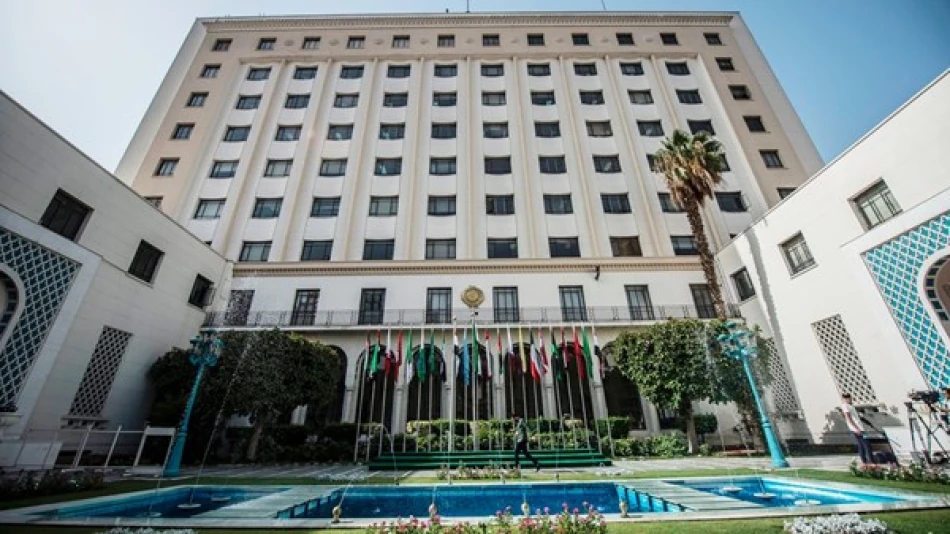
Arab League Condemns Israeli Airstrikes on Syria, Calling for Restraint and De-escalation.
Arab League Condemns Israeli Strikes on Damascus as Regional Tensions Escalate
The Arab League has issued its strongest condemnation yet of Israeli airstrikes targeting Syria's capital, including attacks near the presidential palace and military headquarters in Damascus. The strikes, which the organization describes as a "flagrant assault" on Syrian sovereignty, highlight Israel's increasingly aggressive posture amid regional instability and domestic unrest in Syria's Sweida province.
Unprecedented Targeting of Syrian Government Centers
Wednesday's Israeli airstrikes marked a significant escalation in the frequency and boldness of attacks on Syrian territory. The strikes targeted the General Staff headquarters in Damascus and areas surrounding the presidential palace—locations that represent the heart of Syrian governmental power. This represents a departure from Israel's typical focus on Iranian military assets and Hezbollah weapons shipments transiting through Syria.
The Arab League's General Secretariat characterized these attacks as violations of international law and a deliberate attempt to destabilize Syria by exploiting recent unrest in the southern Sweida province, where protests have challenged President Bashar al-Assad's authority.
Strategic Calculations Behind Israel's Expanded Campaign
Israel's decision to strike closer to Syria's seat of power likely reflects several strategic considerations. The timing coincides with ongoing demonstrations in Sweida, suggesting Israeli intelligence may view this as an opportune moment to apply additional pressure on the Assad regime while it faces domestic challenges.
This escalation also occurs against the backdrop of normalized relations between Syria and several Arab states, including the UAE and Saudi Arabia, who have been working to reintegrate Damascus into regional frameworks. Israel's strikes may be designed to complicate these diplomatic efforts and maintain Syria's isolation.
Regional Implications and Arab League Response
The Arab League's condemnation carries particular weight given Syria's recent readmission to the organization after more than a decade of suspension. The statement reflects growing Arab frustration with Israeli military actions that threaten regional stability, even as many Gulf states maintain security cooperation with Israel through the Abraham Accords framework.
The organization's call for Syrian authorities to address internal tensions through dialogue rather than force suggests recognition that domestic instability could provide pretexts for further external intervention. This represents a delicate balance between supporting Syrian sovereignty while acknowledging legitimate grievances from protest movements.
Testing International Response Mechanisms
Israel's expanded targeting demonstrates confidence that international consequences will remain limited. Despite repeated UN resolutions condemning attacks on Syrian territory, Israel has faced minimal practical repercussions for its estimated 300+ strikes since 2011.
The Arab League's emphasis on international law violations appears designed to build diplomatic pressure rather than trigger immediate military responses. However, the organization's increasingly vocal stance may signal growing coordination among Arab states to challenge Israeli actions through multilateral institutions.
As regional dynamics continue shifting, these strikes test whether Syria's gradual reintegration into Arab frameworks will translate into meaningful collective action against what Damascus and its allies view as systematic violations of sovereignty.
Most Viewed News

 Layla Al Mansoori
Layla Al Mansoori






